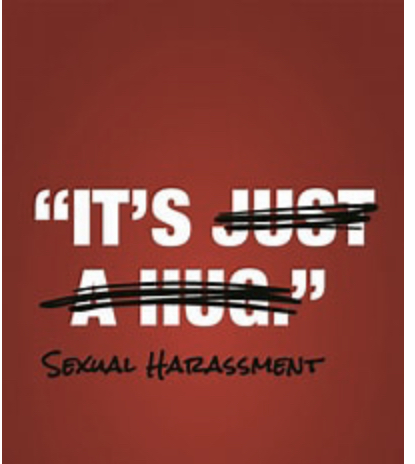To combat the pervasive and deeply ingrained issues of sexual harassment in the media industry, the Zimbabwe Media Commission (ZMC) and the Broadcasting Authority of Zimbabwe (BAZ) have mandated that all media organisations and broadcasting services registered with them must implement an internal sexual harassment policy.
ZMC said this during a media industry sexual harassment draft policy validation meeting in Bulawayo on Tuesday, which was attended by journalists from various media houses as well as stakeholders from media-related industries.
“This initiative is obviously coming on the backdrop of loud calls from stakeholders to the Commission and other stakeholders to step in and try to address the issue of sexual harassment which has become so pervasive – generating much debates and attention in the media,” said ZMC Deputy Chairperson, Commissioner Jasper Maposa, who noted that the commission saw it necessary to “urgently work on the policy and provide redress in instances where sexual harassment is reported in a working environment.”
Maposa said the ZMC is mandated by the Constitution to regulate the media industry, and the draft sexual harassment policy and consultative meetings were conducted in collaboration with the UNDP, where the commission is facilitating the process of developing a sexual harassment policy that, if adopted by stakeholders, can become a standard to be used across media houses.
The ZMC commissioner also said the sexual policy was necessary because Zimbabwe is a signatory and made commitments to a number of declarations of human rights treaties aimed at guaranteeing rights for all in various circumstances, including the media’s workspace.
“It is within this context that ZMC, as well as our government, see sexual harassment as a serious violation of human rights and a form of discrimination. This scourge has regrettably become so widespread and entrenched with Zimbabwe being no exception,” Maposa said.
“Sexual harassment has serious implications for women and for their employers, resultantly undermining developmental efforts. Women are usually the targets who experience a range of negative consequences, including physical and mental health problems, as well as career interruption.”
Maposa said employers in the media sector had an obligation to manage the work environment as well as the health and safety risks in the workplace, including extirpating the menace of sexual harassment.
“It is in this disregard the ZMC while taking note of these other efforts, has seized the opportunity to tailor make a policy that speaks to the existential realities in the media with regards to sexual harassment,” he said.
ZMC Executive Secretary, Godwin Phiri, noted that consultative meetings on the adoption of the sexual harassment policy began a few months ago in Harare and would be held in other cities as well.
“This process speaks to a very important issue in our sector, the issue of sexual harassment. One of the things that I quickly realised when I speak about sexual harassment is that men start defending and women start speaking out, yet really this is not a men’s or women’s issue. It is an issue about humanity, about us as human beings and making sure that there are safe spaces for all of us,” he said.
“There’s nothing as painful as waking up fearing your working environment, where you say ‘that guy when I walk in looks at me with the hungry eyes or that woman looks at me with hungry eyes and they wish they would devour me.’”
Phiri acknowledged that while some media organisations have functioning sexual harassment policies or have had them at various stages of growth or development, others do not.
“This is also an opportunity to reflect whether the policies we have speak to the issues and if they offer the kind of protection that people should be getting or if they give space for proper sanctions to be put into place?” he said noting stakeholders in previous meetings were agreed that sexual harassment is “indeed a problem and something needs to be done.”
“When we hold each other to account tomorrow, somebody should not say, I didn’t know. We also need to invest certainly, next year, on a comprehensive process of raising awareness. Maybe some people are harassing others without even knowing they’re harassing them.”
Phiri noted it should be easy for potential perpetrators to recognise that what they are doing is wrong, as well as for potential victims or survivors to understand what it means to be sexually harassed and know what avenues for redress are available.
“We want to see these things in action. As ZMC we desire a situation where if we revise our policies and amend our act, love a situation when you register with the commission or BAZ you must show us that you have an active sexual harassment policy and if you don’t have one, we will give you because we have developed it.”

